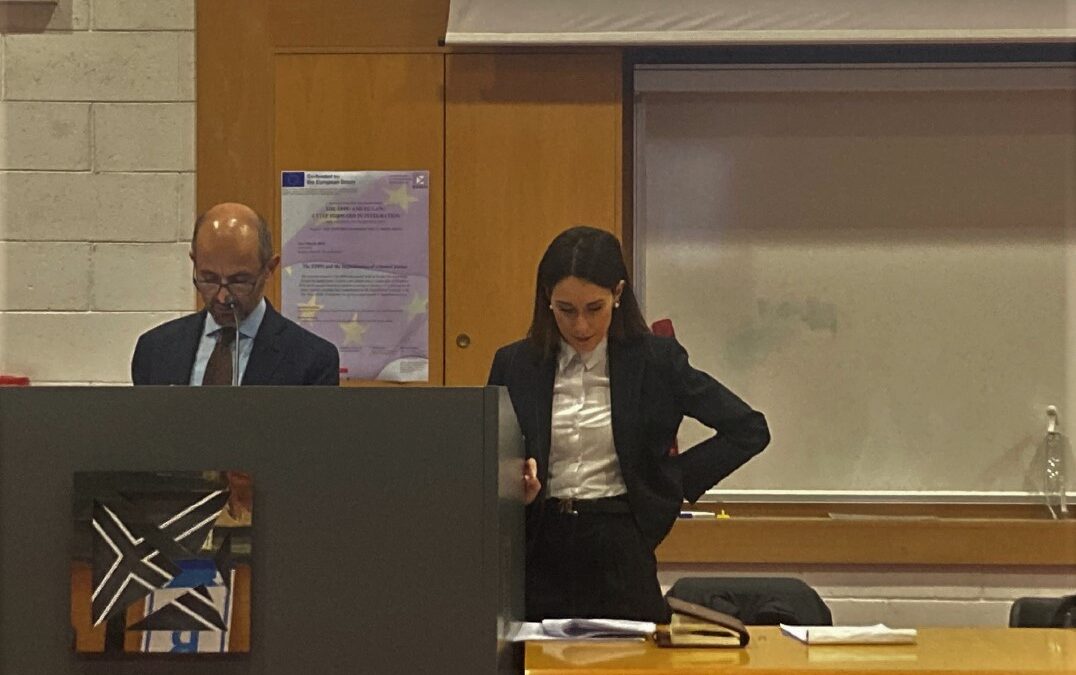In December 2020, the European Commission adopted a package of initiatives to modernise the EU justice systems, including the Communication on the Digitalisation of Justice in the EU.
Ensuring the effective access of citizens and businesses to justice and facilitating judicial cooperation in civil, including commercial, and criminal matters between the Member States are among the main objectives of the Union’s area of freedom, security and justice enshrined in Part 3, Title V of the Treaty on the Functioning of the European Union (TFEU).
The Union shall constitute an area of freedom, security and justice with respect for fundamental rights and the different legal systems and traditions of the Member States
 It is sometimes difficult to access justice systems for a number of reasons such as formalistic and expensive legal procedures, long procedural delays and high costs of using court systems. At present judicial proceedings – in particular in cross-border situations – still take place mostly on paper and are based on traditional transmission channels. This situation does not provide a modern access to justice in an environment that is more and more digitalised and it is detrimental for citizens and businesses.
It is sometimes difficult to access justice systems for a number of reasons such as formalistic and expensive legal procedures, long procedural delays and high costs of using court systems. At present judicial proceedings – in particular in cross-border situations – still take place mostly on paper and are based on traditional transmission channels. This situation does not provide a modern access to justice in an environment that is more and more digitalised and it is detrimental for citizens and businesses.
The COVID-19 crisis has considerably impacted the functioning of Member States’ justice systems and adversely affected EU cross-border judicial cooperation. In 2020, the Commission undertook several initiatives to step up digitalisation of justice to swiftly respond to emerging challenges.
It is thus important that appropriate channels are developed to ensure that justice systems can efficiently cooperate in a digital way. Therefore, it is essential to establish, at Union level, an information technology system that allows for the swift, direct, interoperable, sustainable, reliable and secure cross-border electronic exchange of case-related data, while always respecting the right to protection of personal data.
Such a system should contribute to improve access to justice and transparency by enabling citizens and businesses to exchange documents and evidence in digital form with judicial or other competent authorities, when provided by national or Union law.
That system should increase citizens’ trust in the Union and mutual trust between Member States’ judicial and other competent authorities.
— FABRIZIO DE’ SANNA

